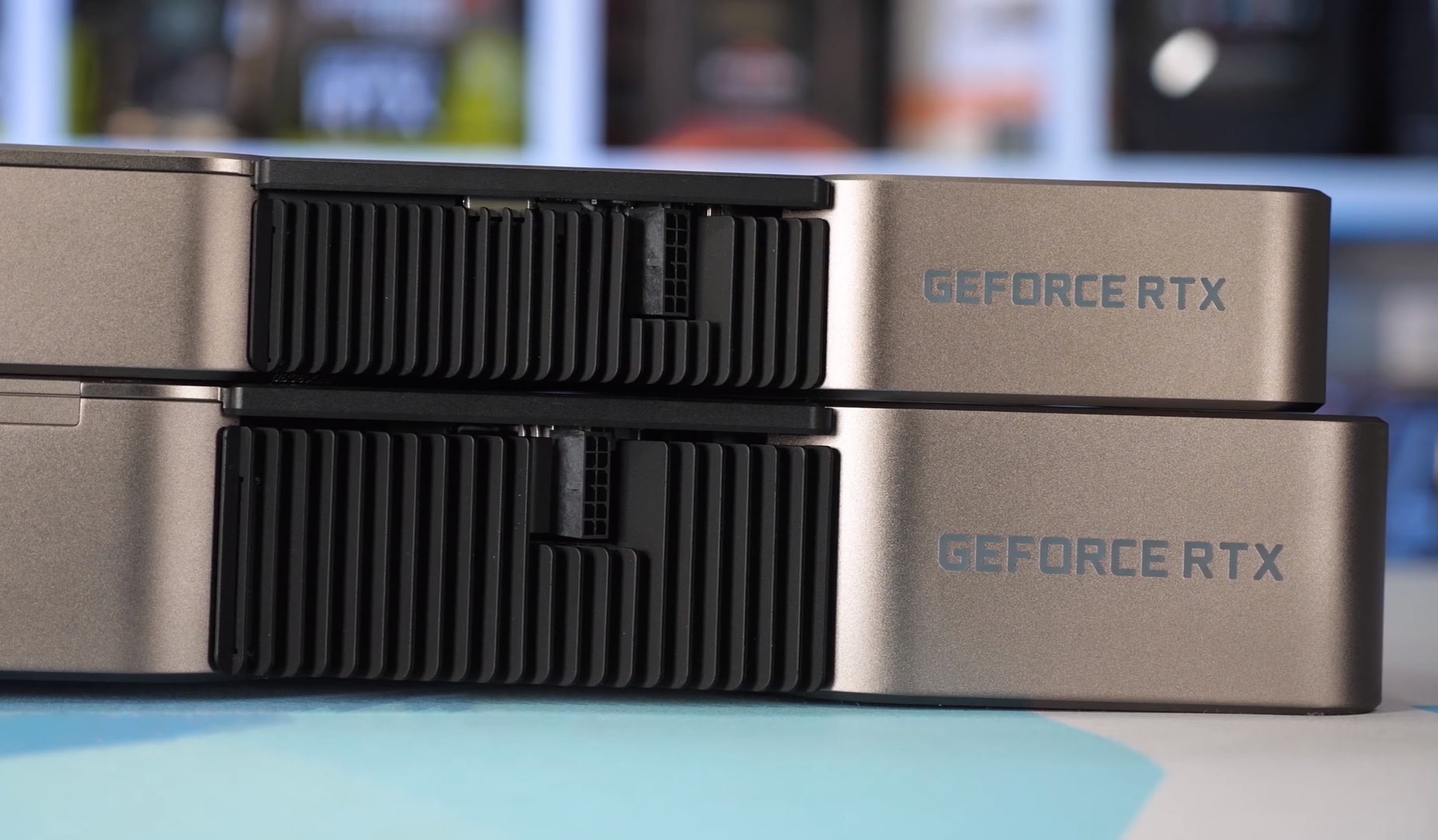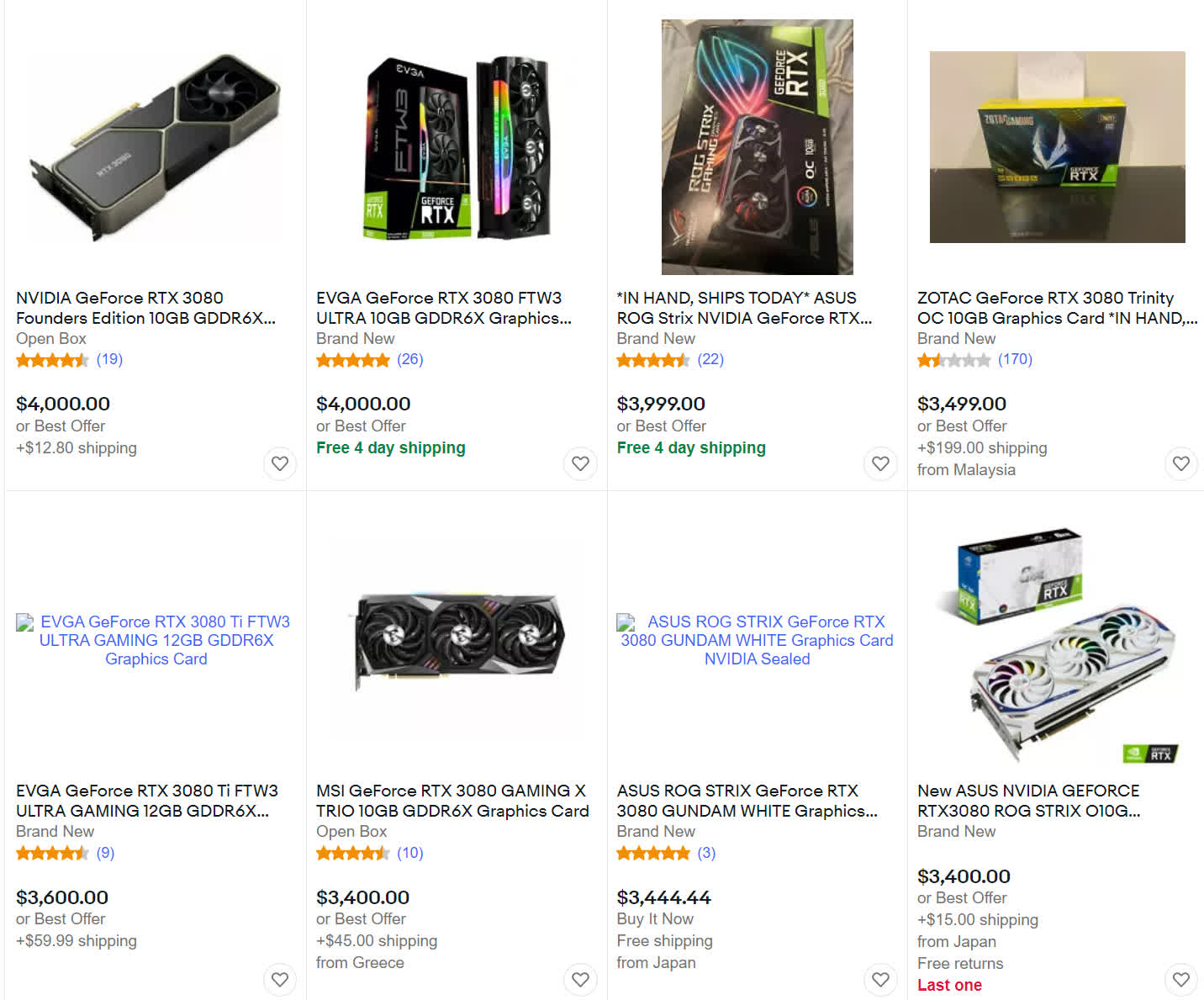Facepalm: Everyone from industry analysts to manufacturers has an opinion on when the global chip shortage will ease, with predictions ranging from the optimistic---sometime this year---to the depressing---2023. In its latest earnings call, Nvidia revealed its view, and it's not good.
Speaking on the call, Jensen Huang explained that card shortages are expected to continue throughout most of 2022. "I would expect that we will see a supply constrained environment for the vast majority of next year is my guess at the moment," said the Nvidia CEO. "A lot of that has to do with the demand being so great," he added.
The previous quarter saw Nvidia's revenue reach an all-time high of $6.5 billion, around half of which came from the gaming segment. The company revealed that 80% of the new Ampere products it shipped were Low Hash Rate (LHR) versions, suggesting gamers, not miners, snapped up most of the cards---though a recent hack can restore 70% of LHR cards' unlocked hash rates. Additionally, the Crypto Mining Processor (CMP) line's $266 million in sales fell short of Nvidia's $400 million prediction.
Huang notes that millions of PC gamers are still itching to upgrade to one of the RTX 3000 series. "Ampere is off to an incredible start. It's the best-selling GPU architecture in the history of our company," Huang said. "And yet, we've only upgraded less than 20 percent of our total install base. So there's another 80 percent of the world's PC gaming market that we have yet to upgrade to RTX."
In addition to chip shortages, tariffs, high demand, and other manufacturing disruptions, scalpers and their bots remain a problem for those looking to upgrade. Retailers are taking steps to curtail the practice, but those looking to make a quick buck often find a way to circumvent these measures.
At the start of the year, analysts said the chip shortage would endure into 2022. Flex, the world's third-biggest electronics contract manufacturer, said 2023 was a more realistic timeframe. More recently, we heard that chip delivery times had reached record levels of 20 weeks. It's not all bad news if you're looking to buy a car, though; TSMC expects the auto industry chip shortage to subside in the coming months.

